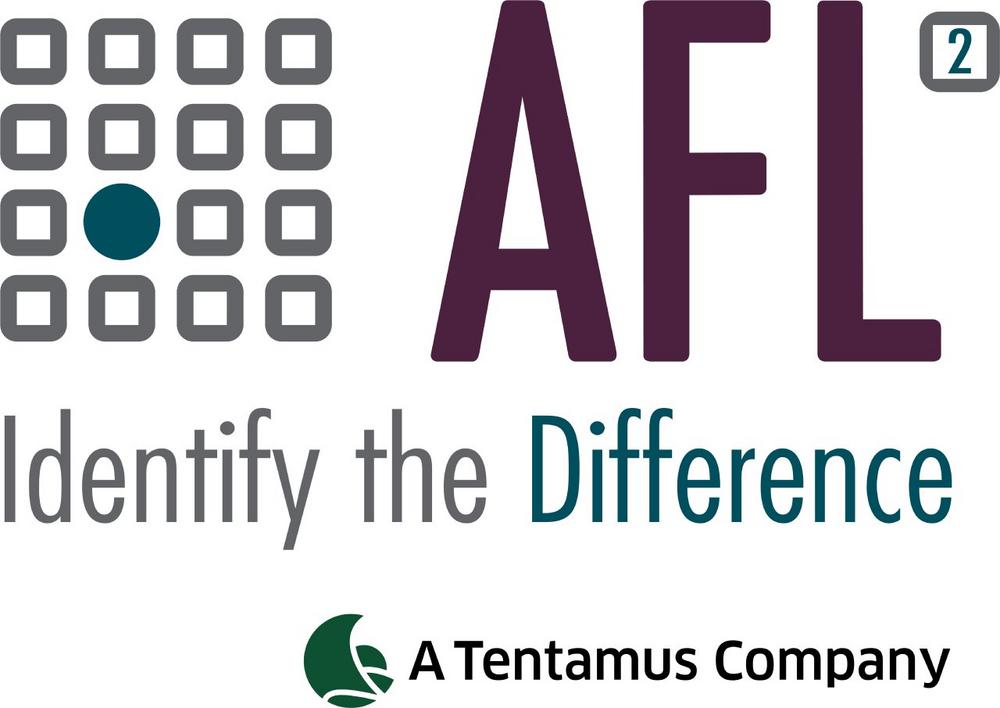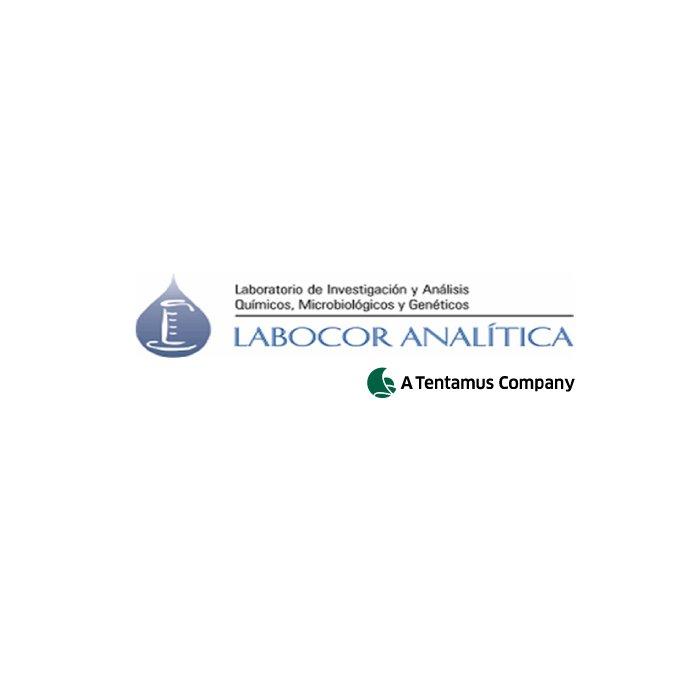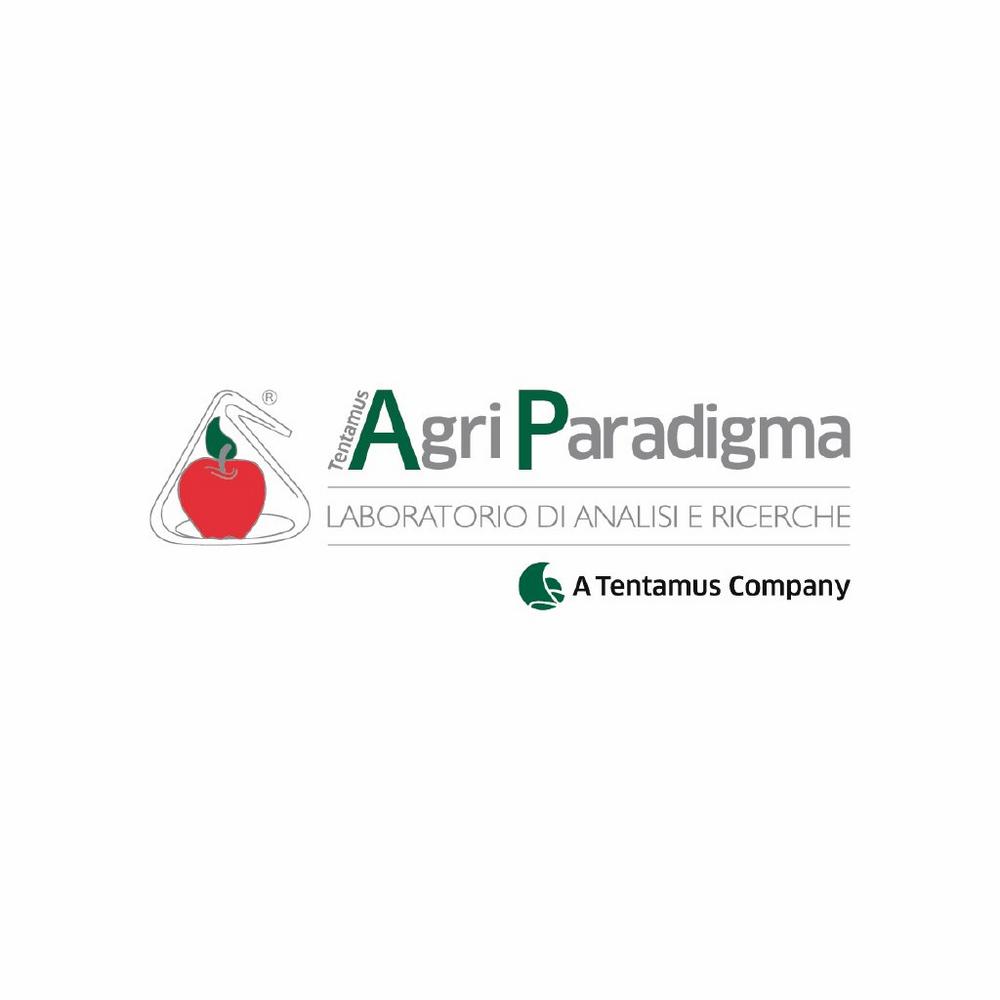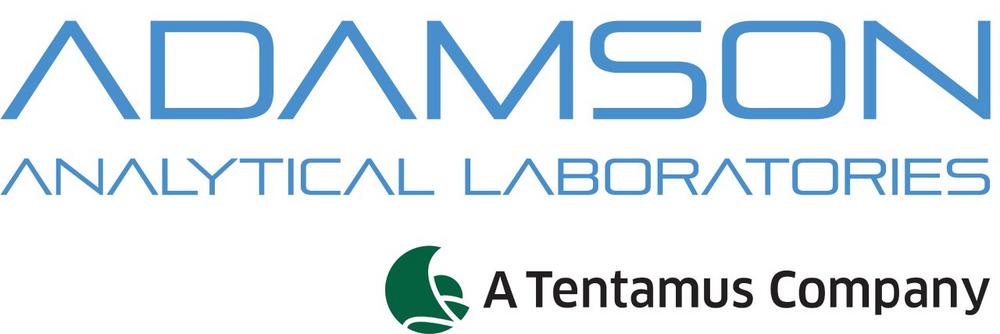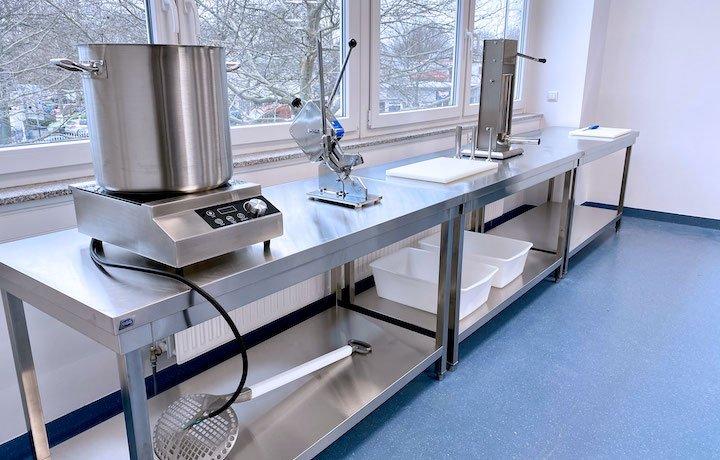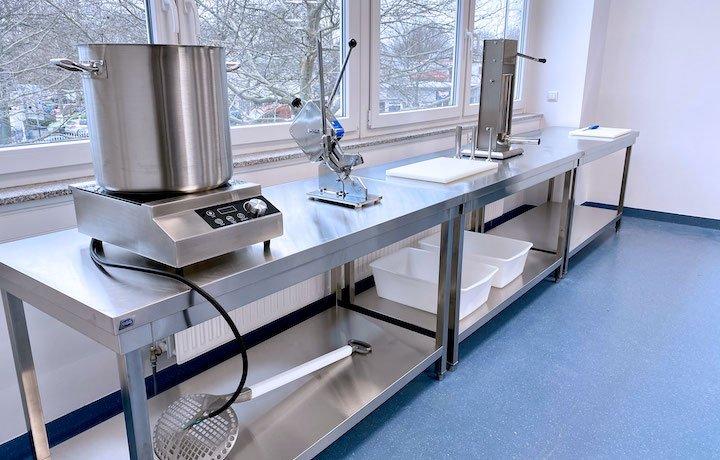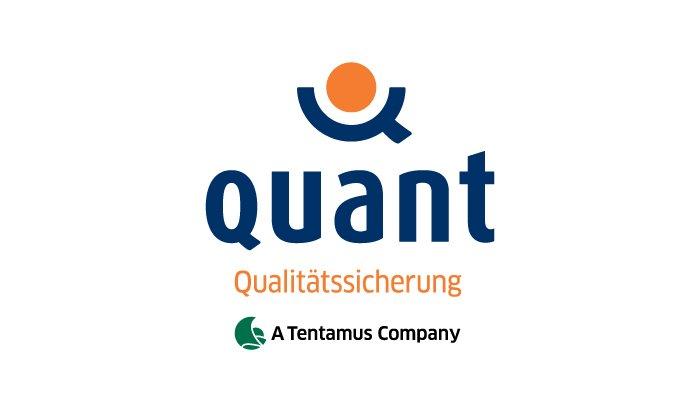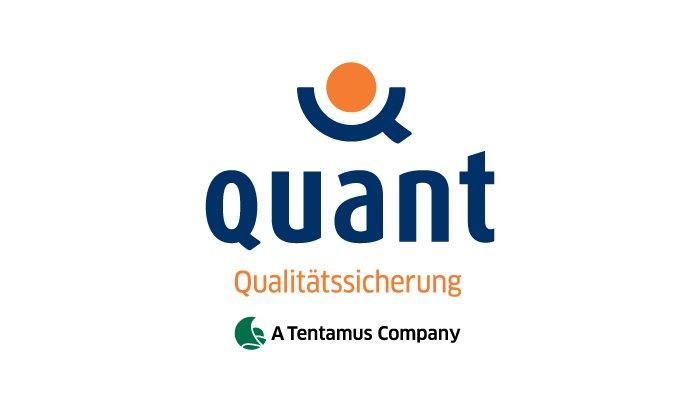-
Analytical Food Laboratories increased scope addition and brought on internal courier services
Analytical Food Laboratories motto is keeping people safe since 1992 using integrated solutions, technical expertise, local approach, global results, and quick response times. AFL is a true one-stop full-service lab that provides tailored interpretation and consultative approach to deliver measurable results. All departments are housed in one location, and all services are performed in-house. Today, AFL is proud to announce the successful completion of our A2LA evaluation and addition to our ISO/IEC 17025:2017 scope of accreditation for commodities, foods, beverages, dietary supplements, personal care products, pet foods, water and environmental samples and now hemp flower/plant material, cannabis flower/plant material, concentrates, edibles, infused products and water. Accreditation scope has been increased…
-
Tentamus Pharma & Med Webinar Series 2020 (Webinar | Online)
In times of COVID-19 we are offering our clients an opportunity to stay connected and informed from the convenience of your labs, homes, or offices. Attend our webinars the weeks of 26th October 2020 until 06th November 2020. Participate in our webinars, where you’ll get access to expert know-how. Our experts are specialists in their fields of scientific research or routine quality control. You’ll learn about the newest tools and technologies while gathering valuable tips and troubleshooting strategies for the applications most relevant to your processes or products. You will also get the chance to ask questions about your analytical challenges or specific topics. Registration & information: Registration and…
-
Labocor Analítica joins Tentamus Group
The Tentamus Group is excited to announce that Labocor Analítica, a laboratory specialising in animal feed, is now part of the international network of laboratories. Based in Madrid, Labocor Analítica has more than 25 years of experience in which it has consolidated its position as a reference laboratory in the analysis of products related to animal nutrition (feed, correctors, concentrates, raw materials, additives, etc.) and human nutrition (nutritional analytical profile, additives, vitamins, etc.). The laboratory has a highly specialised team trained in the different areas, through which it is able to offer a wide portfolio of services focused on physical chemistry (wet method, chromatography, spectrometry, etc.), microbiological and genetic analyses.…
-
Screening for pathogenic microorganisms in food
The Tentamus Agriparadigma Laboratory in Syracuse is further developing rapid screening methods for the search of pathogens such as Salmonella spp., Listeria spp. and monocytogenes. According to the 2017 annual RASFF report (Rapid Alert System on Food and Feed), Salmonella is the most important pathogen in the list of European alerts on food and feed. It is an extraordinarily widespread enterobacteriaceae, which is responsible for gastrointestinal infections both in humans and animals. Its treatment is complex as there are more than 2,600 existing serovariants of Salmonella (Salmonella Typhimurium, Enteritidis, Infantis, etc.). Transmission to humans can occur through the ingestion of contaminated food. However, European alerts do not only concern Salmonella.…
-
Adamson Analytical Laboratories increased the Scope of Accreditation
Adamson Analytical Laboratories is always working to find ways to better serve our clients. Therefore, we are proud to announce the successful completion of the A2LA evaluation process and addition to our ISO/IEC 17025:2017 scope of accreditation for personal care products, food, dietary supplements, and raw materials. Accreditation scope has been increased for: Analytical Chemistry Testing Honey and Agave Products (authenticity with isotope and NMR testing) Physical Testing Pesticide Multimethod with more than 600 parameters Polar Pesticides like Glyphosate Smoke Taint Testing Hand Sanitizer Analysis – Ethanol Concentration and Impurities Hand sanitizers have been in very high demand. As companies switch over to manufacture microbial gels and sanitizers, additional steps…
-
bilacon eröffnet neues Technikum zur Unterstützung beim Zoonose-Monitoring
In der Vergangenheit kam es immer häufiger zu öffentlichen Rückrufen von Lebensmitteln aufgrund des qualitativen Nachweises von Listeria monocytogenes. In Verordnung (EG) Nr. 2073/2005 sind die mikrobiologischen Kriterien für Lebensmittel festgelegt. Bei L. monocytogenes wird in zwei Fälle unterschieden: 100 KBE/g werden bis zum Ende des Haltbarkeitsdatums nicht überschritten In 5 Teilproben einer Charge werden in je 25g keine monocytogenes nachgewiesen Die bilacon unterstützt Sie hinsichtlich des Zoonose-Monitoring, indem wir im Rahmen eines Challenge Tests die komplette Produktionslinie der Kunden zur Herstellung von zum Beispiel Rohwurst im kleinen Maßstab nachbilden. Was versteht man unter einem Challenge Test? Bei einem Challenge Test wird das Wachstumsverhalten von L. monocytogenes in einem Produkt…
-
bilacon launches new technical center to support zoonosis monitoring
In the past, public food recalls have been increasingly frequent due to the qualitative detection of Listeria monocytogenes. Regulation (EC) No 2073/2005 sets out the microbiological criteria for foodstuffs. For L. monocytogenes a distinction is made between two cases: 100 CFU/g are not exceeded until the end of the expiration date No L. monocytogenes are detected in 5 subsamples of one batch in 25g each bilacon supports you with regard to zoonosis monitoring by reproducing the customer’s complete production line for the manufacture of, for example, raw sausage on a small scale in the context of a challenge test. What is a challenge test? In a challenge test the growth…
-
New increase capacity to conduct stability studies at Labofine
Labofine – a Tentamus company has announced today that it has added state-of-the-art, fully mapped walk-in stability chambers in its new Montreal area location, situated at 5600 Trans-Canada Hwy, Quebec, Canada. “This is welcome news for our local and international clients”, said Dr. M. Mancini, Labofine’s Director of Corporate Development, “since it increases our capacity to provide storage conditions for long-term, accelerated or intermediate studies for the three classes of label storage claims and the conditions required by the five climatic zones meeting ICH and WHO guidelines.” “By adding state-of-the-art equipment, we are beyond excited to continue building momentum with our expansion, which we believe is an excellent representation of…
-
Durchführung von 1st und 2nd Party Audits durch Quant Qualitätssicherung
Wer kennt das nicht? Sie, als Hersteller oder Handelshaus, möchten einen Lieferanten auswählen, der zudem noch in einem anderen Land oder Kontinent ist und eine GFSI-Zertifizierung hat. Aber können Sie dieser vertrauen? Viele Unternehmen führen daher zur Absicherung zusätzliche Audits durch. Die Quant Qualitätssicherung GmbH (Quant QS), mit Sitz in Deutschland, bietet 1st und 2nd Party Audits in Europa gemäß den Anforderungen der ISO/IEC 17065 in Deutsch und Englisch an. Das Auditorenteam der Quant QS verfügt über ein tiefes Wissens-Fundament in der Lebensmittelindustrie und unterstützt, auditiert und berät diese Industrie seit über 20 Jahren. Darüber hinaus verfügen die Auditoren über eine Vielzahl von Ausbildungen, die ein sehr breites Spektrum an…
-
Performance of 1st and 2nd party audits by Quant Qualitätssicherung
Who hasn’t experienced this? You, as a manufacturer or retailer are looking to select a supplier who could be also located in another country or continent and is GFSI certified. But can you really trust them? To ensure this, many companies carry out additional audits at the suppliers site to verify this. Quant Qualitätssicherung GmbH (Quant QS), based in Germany, offers 1st and 2nd Party Audits in Europe according to the requirements of ISO/IEC 17065 in German and English. Quant’s team of auditors have a deep knowledge base in the food industry and has been supporting, auditing and consulting in this industry for over 2 decades. In addition, the auditors…

